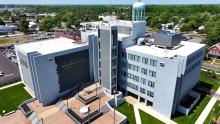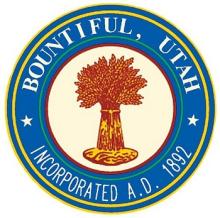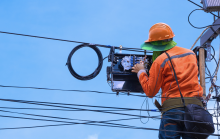Massachusetts To Spend $31.5 Million On Broadband, Modernizing MDUs
*This is the first installment of an ongoing series we are calling Connected Complex looks at how states, local communities, and Internet service providers are working to address the often complex challenges involved in bringing high-speed Internet access to multi-dwelling units.
Massachusetts state leaders have announced a new $31.5 million investment to bring reliable, high-speed Internet access to residents in affordable and public housing statewide.
A key part of the major new investment initiative focuses on something that’s particularly challenging in the northeast: updating long outdated wiring in multiple-dwelling-units (MDUs) like apartments, condos, and housing developments, many of which were built before the advent of the Internet.
The funds are being provided by the Massachusetts Broadband Office’s (MBO) Residential Retrofit Program, which aims to deploy state-of-the-art broadband infrastructure to public and affordable housing properties across Massachusetts. MBI’s funding, in turn, was largely made possible by the 2021 American Rescue Plan Act (ARPA).
In partnership with the Massachusetts Broadband Institute (MBI), Gov. Maura Healey’s office awarded the grant money to four Internet service providers: Aervivo, Archtop Fiber, Comcast, and Community Broadband Networks FLX (CBN-FLX). All told, the funding is poised to deliver broadband access to 13,700 housing units across 60 Massachusetts municipalities.















